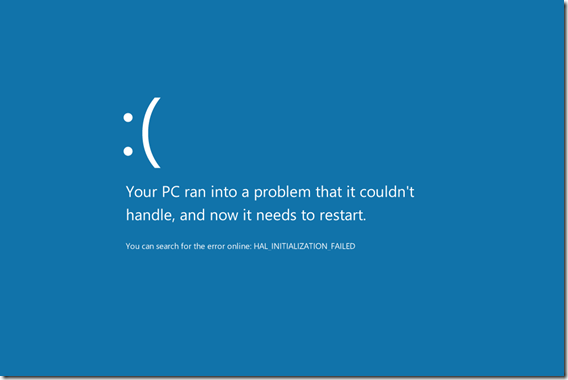
I have been an active registrant and reseller with eNom since 2000. In that time I have witnessed eNom go from a small company in Seattle to a large firm with multiple divisions as part of Demand Media. I have gone from having a personal e-mail address for high level executives to having to resort to communicating with only a high-volume support system with support agents in countries I probably can’t even pronounce. There has also been a change from me paying about $8 per year for my domains to now being at $10.50 (or $19 for a .me). This is partially due to changes in fees in the ICANN fee structure, but also partially because other resellers have paid their way into higher positions in the hierarchy than me, and them getting my discounts. When I first opened my account, it didn’t matter how many domains you had, just as long as you were willing to keep money in your account to cover their renewals.
I have considered a good number of options for a possible move. The first option was the registrar that I had previously moved away from and developed a hatred for, GoDaddy, or in this case Wild West Domains, their wholesale domain counterpart. This seemed like an OK idea, most of their capabilities matched my needs, pricing is good, but still there was this feeling of sleaze that just goes wherever Bob Parsons has been. I don’t trust smaller registrars without a reseller program because they have variable pricing, and also variable availability. With a budget registrar you never know if your domain is residing with the next RegisterFly. At the moment I am strongly considering OpenSRS. OpenSRS has reasonable prices, and they will declare where every cent is going (they proudly claim that $3 of the fee is their profit). OpenSRS also features a very flexible reseller program that will allow me to control how they interact with my clients, if at all. The forms are also very straight-forward and do not have the marketing pitches that eNom has begun throwing in. There exists a problem though, OpenSRS for all of their features, do not support Dynamic DNS, the ability for computers to update their own IP addresses in the domain records. This is problematic for me because I have so many of them, but I can see the rationale from a security perspective. All it would take it one time of someone sniffing the security token and being able to hijack a host record, but with improved security mechanisms this has become less likely. If I opt to go to OpenSRS I would have to set up an alternate mechanism using their API to manage those host records, and I’m not sure I like moving to that from a trusted method of host management. The other issue I have is a slightly weirder quirk, sub-domain delegation. Also called NS records, a sub-domain delegation allows a managed DNS domain name to have a 3rd (or beyond) level record created and pointed at a different set of name servers, allowing greater administrative flexibility. eNom doesn’t have it, neither does OpenSRS (at the moment, but they hint at it coming, unlike Dynamic DNS which they give a snowcone’s chance in hell). OpenSRS is owned by Tucows, a long-established registrar, but one with a reasonable reputation of integrity and working with customers. Also, if there is something that doesn’t work for me, I know that support is just an email away to help, and during the day, I get a response in less than 2 hours.
GoDaddy’s managed DNS has the option for sub-domain delegation, and in fact I’m using it for cmkularski.net for an external hosting experiment that I am working with. They seem to be one of the few registrars allowing this, although other hosting providers support them fully. The other cool thing about GoDaddy is their capability to allow for uploading of a plain text BIND file, which means the idea of writing a zone file and then publishing it is very easy. There are no annoying fields to fill out, or anything like that, just write the file straight across and drop it into the box. Very simple. GoDaddy is one of the few registrars that seems to be actively updating their DNS control panels to be more robust and more useful. Sadly, GoDaddy themselves is still in a large corporate entity that seems to be doing every aspect of the Internet business including domains.
Things have changed a lot since 1999 when I registered my first domain name with Network Solutions, the successor to InterNIC.

